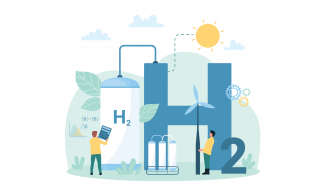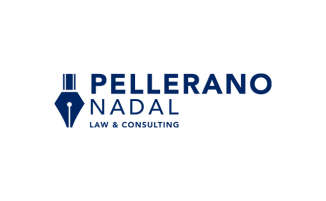At COP28 last year, all parties acknowledged that renewable and low-carbon hydrogen will be an essential factor in meeting global energy needs while decarbonising industry. With law firms advising clients on green hydrogen projects which seek to replace conventional fuels within heavy transport, thermal power stations, domestic heat grids, and industrial activity, hydrogen has the potential to make a vital contribution toward decarbonising hard-to electrify processes.
Continue reading “Stepping on the gas – the factors behind the rise of green hydrogen”










